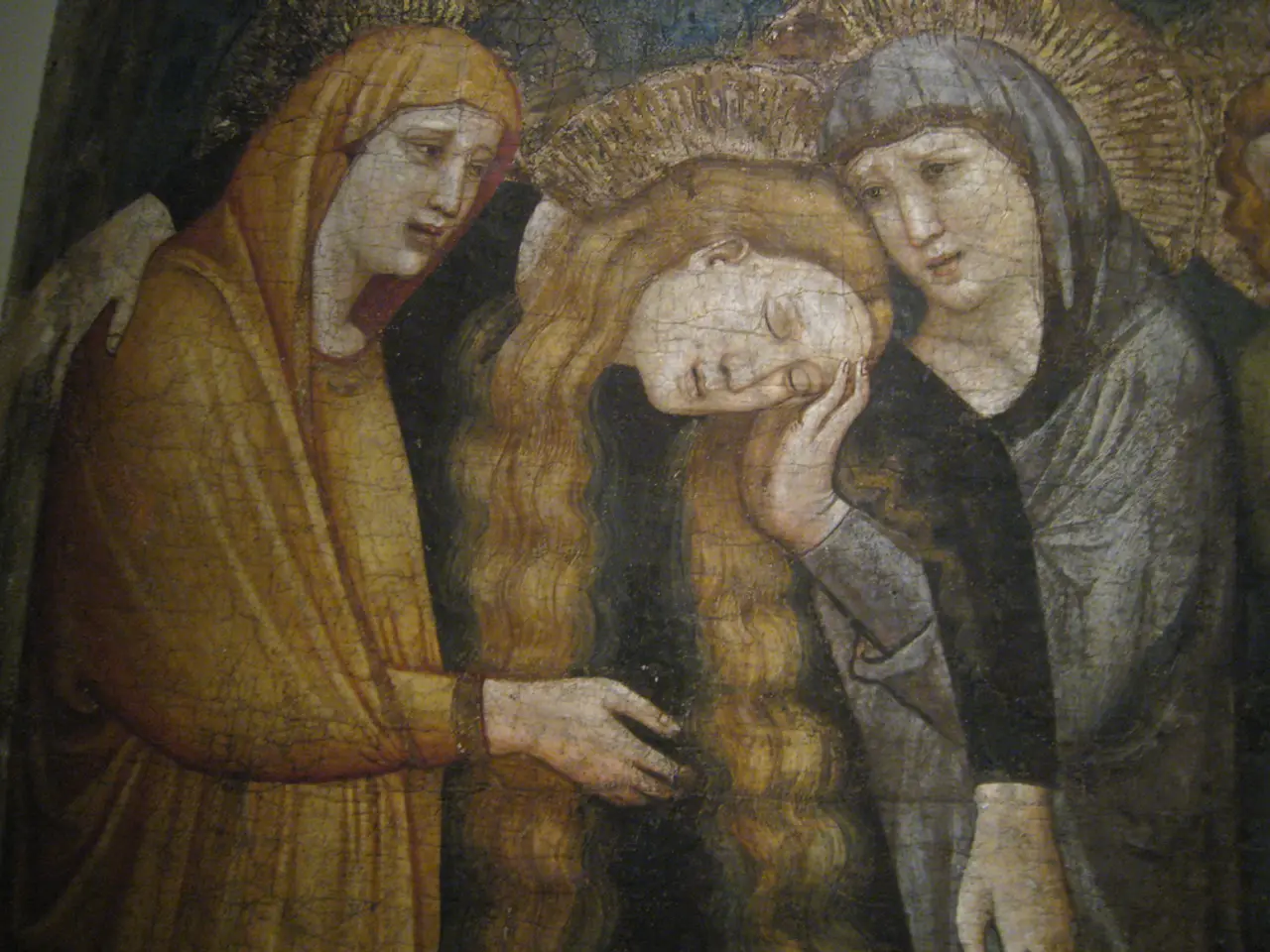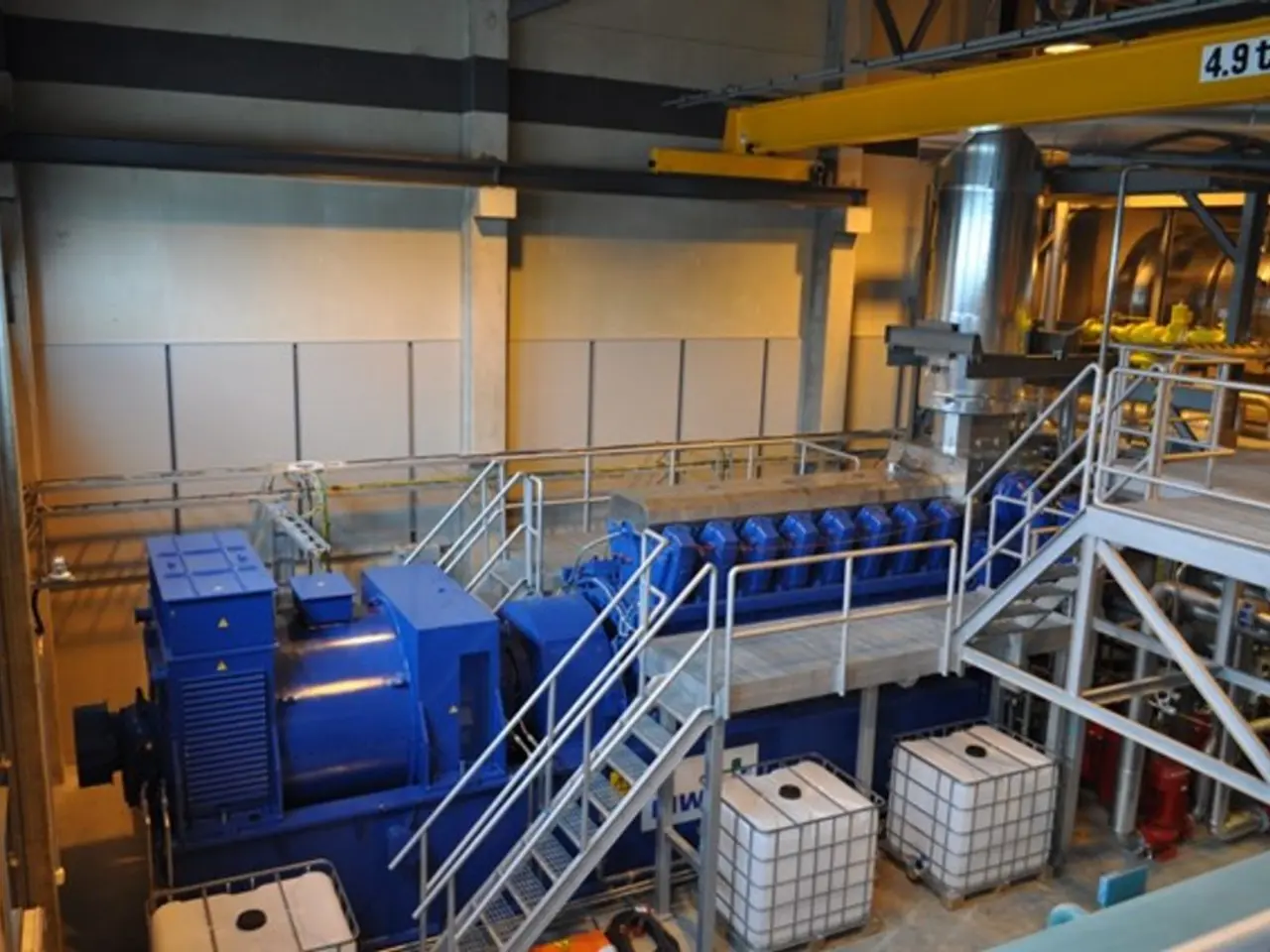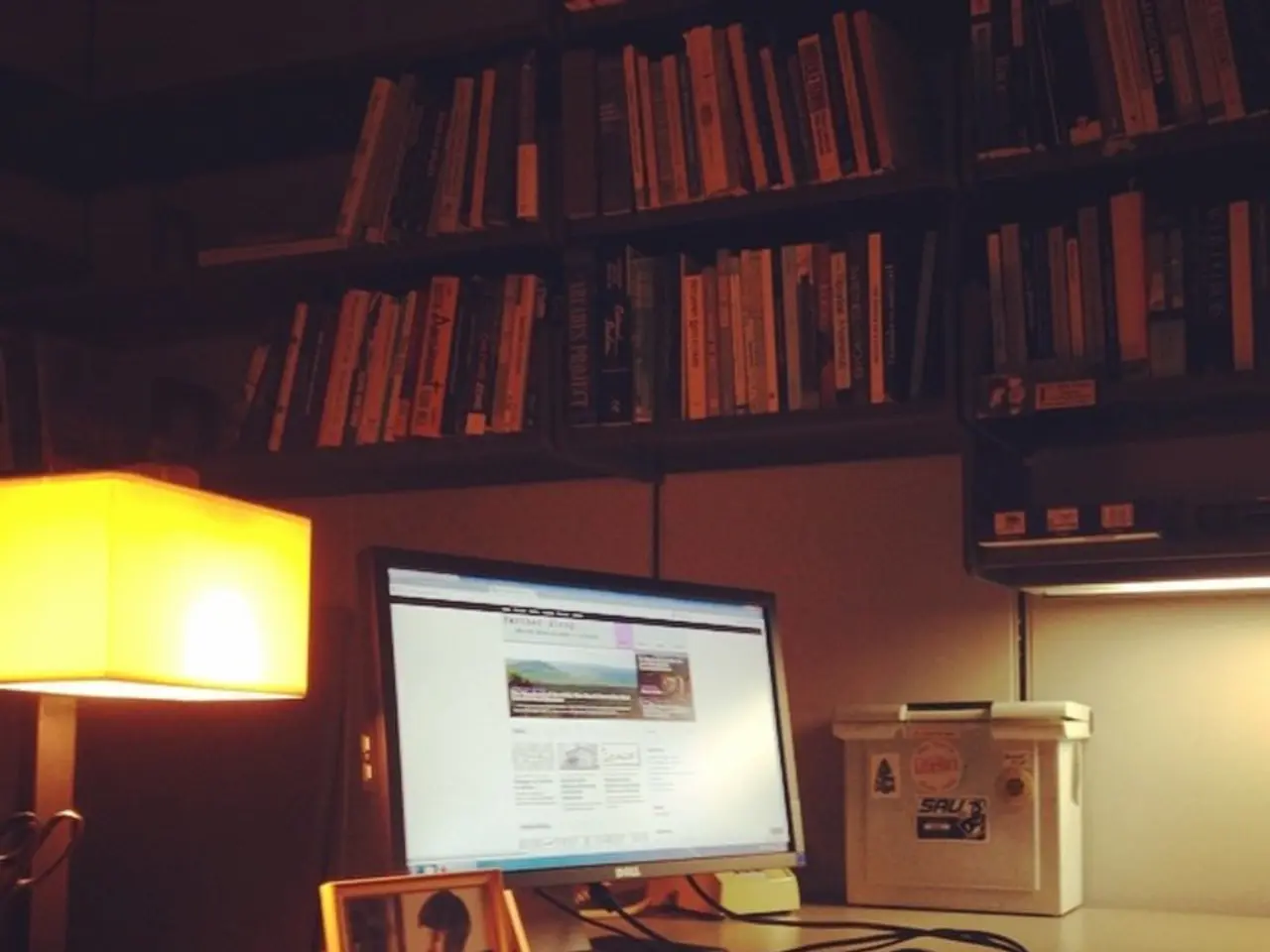Controversies Surrounding AI Art: Grasping the Complexities of Ethics, Intellectual Property, and Safety in an Era of Automated Creativity
In the rapidly evolving world of artificial intelligence (AI), the realm of art is no exception. The emergence of AI-powered text-to-image generators, such as Stable Diffusion and DALL-E 2, has blurred the lines between human and machine creativity, sparking a flurry of ethical debates.
At the heart of these debates are questions about copyright, ownership, and attribution, raising complex discussions about authorship and intellectual property.
One of the core ethical dilemmas is determining who should be credited as the author of AI-generated art. Potential claimants include the programmers who designed and trained the AI, the AI system itself, or a collaborative model involving the programmer, the AI, and other stakeholders like the user providing prompts.
Another significant concern is the use of unlicensed data in the training of AI art generators. Many of these systems are trained on massive datasets, often including copyrighted works without explicit permission from the original artists. This raises ethical and legal issues about exploitation and infringement.
The creation of derivative works, based on styles or elements of existing artworks, further complicates the debate. Determining the legality and ethicality of such adaptations is challenging, especially as courts are still developing standards on transformative use and fair dealing in this context.
The ownership question impacts the value and authenticity of AI-generated art in the marketplace. Traditional art values rely on the artist's identity and creative process, whereas AI art challenges these notions due to reproducibility, algorithmic creation, and the lack of a clear human creator.
Artists worry about displacement and devaluation of human creativity and labor, as AI may mimic artistic styles cheaply and at scale, potentially undermining human artists’ livelihoods and recognition.
To address these concerns, there is a growing push for transparent datasets and ethical licensing practices. This involves training AI models on data from creators who have given informed consent and possibly receive payment, aiming to balance innovation with fairness.
Many artists and creatives demand proper attribution and fair remuneration when their styles or works are used for AI training or as influence, addressing the risk of their work being copied without acknowledgment.
AI-generated art also raises issues about cultural bias and representation, as the datasets used may amplify certain voices while erasing or misrepresenting others, impacting whose visions and aesthetics dominate the artistic landscape.
The legal landscape surrounding copyright in AI-generated art is still unclear, with questions about who owns the copyright - the user, developers, or artists whose work was used in training data.
By embracing ethical principles and fostering a culture of responsible AI development, we can harness the transformative power of this technology while safeguarding the rights and interests of all stakeholders. Open dialogue and collaboration between artists, developers, policymakers, and the public are crucial for navigating the ethical, legal, and societal implications of AI art.
[1] R. R. Rieback, et al., "The Ethics of AI-Generated Art: A Systematic Review," Journal of Information Ethics, vol. 30, no. 1, pp. 71-92, 2021. [2] D. M. Brouwer, "AI and the Future of Art: Ethical, Legal, and Philosophical Perspectives," Journal of Aesthetics and Art Criticism, vol. 78, no. 2, pp. 155-166, 2020. [3] S. M. Cummings, "AI Art and the Question of Ownership," Wired, 2020. [4] M. A. Krause, "Artificial Intelligence and the Future of Art: Ethical, Legal, and Societal Implications," International Journal of Law and Information Technology, vol. 38, no. 1, pp. 1-29, 2020.
The debate about the authorship and ownership of AI-generated art continues, with questions surrounding the credit due to the programmers who design and train the AI, the AI system itself, or a collaborative model involving multiple stakeholders. Unlicensed data usage in training AI art generators presents ethical and legal issues about exploitation and infringement, as these systems often use copyrighted works without explicit permission. The creation of derivative works based on existing artworks adds to the complexity of determining the legality and ethicality of such adaptations.




